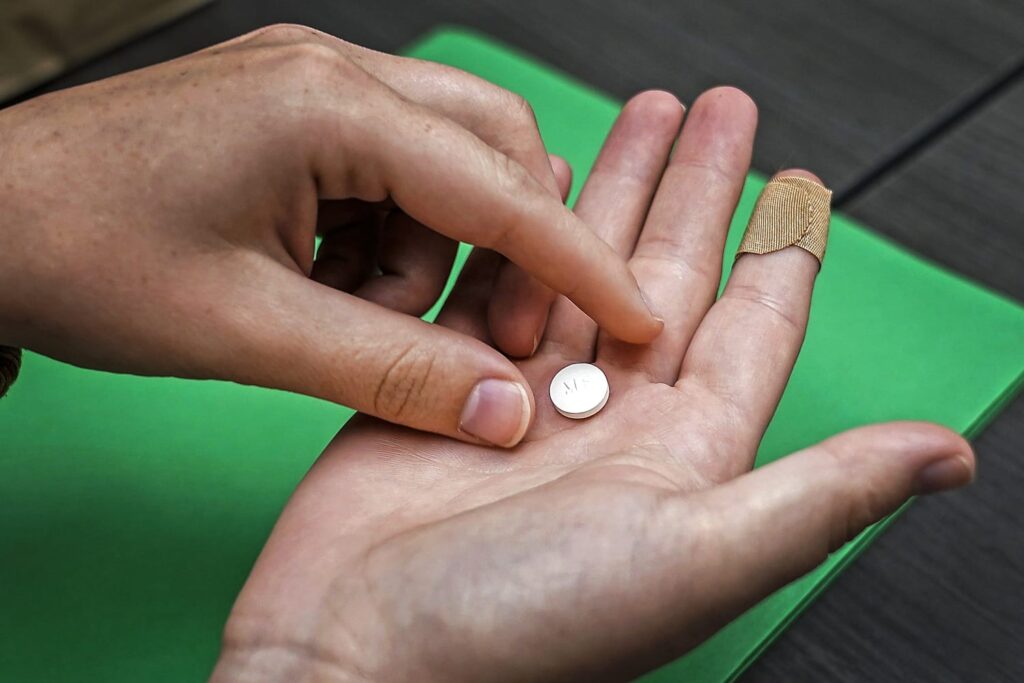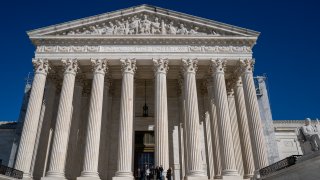Supreme Court Preserves Access to Abortion Pill Mifepristone

On Thursday, the U.S. Supreme Court unanimously upheld the availability of mifepristone, a medication responsible for nearly two-thirds of abortions in the country last year. This decision marks the first abortion-related ruling since the Court’s conservative majority overturned Roe v. Wade two years ago.
In their ruling, the justices concluded that abortion opponents lacked the legal standing to challenge the FDA’s approval of mifepristone or its subsequent actions to facilitate access to the drug. Justice Brett Kavanaugh, who authored the majority opinion and was among those who voted to overturn Roe, emphasized that federal courts were not the appropriate venue for disputes regarding the FDA’s decisions.
The case had posed a significant threat to the nationwide availability of mifepristone, even in states where abortion remains legal. The Supreme Court’s decision ensures that the medication, used in combination with misoprostol to terminate pregnancies up to ten weeks, remains accessible.
Justice Kavanaugh noted, “Federal courts are the wrong forum for addressing the plaintiffs’ concerns about FDA’s actions.” His statement underscores the Court’s stance that regulatory decisions by expert agencies like the FDA should not be second-guessed by the judiciary.
The Supreme Court is also reviewing another significant abortion case. This separate case will determine whether federal laws mandating emergency treatment in hospitals can override state-level abortion bans in critical cases where a pregnant patient’s health is at severe risk.
The Biden administration, along with mifepristone manufacturer Danco Laboratories, had warned that siding with abortion opponents could undermine the FDA’s drug approval process. They argued that such a decision would set a dangerous precedent, allowing judges to overrule scientific judgments made by regulatory experts.
Abortion opponents contended that the FDA’s decisions in 2016 and 2021, which eased restrictions on mifepristone, jeopardized women’s health nationwide. Their initial legal victory came nearly a year ago when U.S. District Judge Matthew Kacsmaryk, a Trump appointee, issued a sweeping ruling to revoke the drug’s approval. The 5th U.S. Circuit Court of Appeals later modified this decision, maintaining the FDA’s original approval but rolling back some relaxed restrictions.
The Supreme Court’s ruling temporarily blocked the appeals court’s modified decision, maintaining the status quo until the case was heard. Justices Samuel Alito and Clarence Thomas dissented, expressing that some restrictions should be enforced while the case was ongoing.
Mifepristone has been used by over six million people since its FDA approval in 2000. The medication works by blocking progesterone, thereby priming the uterus to respond to misoprostol, which induces contractions. Healthcare providers have indicated that if mifepristone were restricted, they would rely solely on misoprostol, though it is less effective on its own.
The ruling by the Supreme Court not only secures the continued use of mifepristone but also highlights the Court’s approach to maintaining the integrity of scientific and regulatory decisions made by expert agencies like the FDA.

